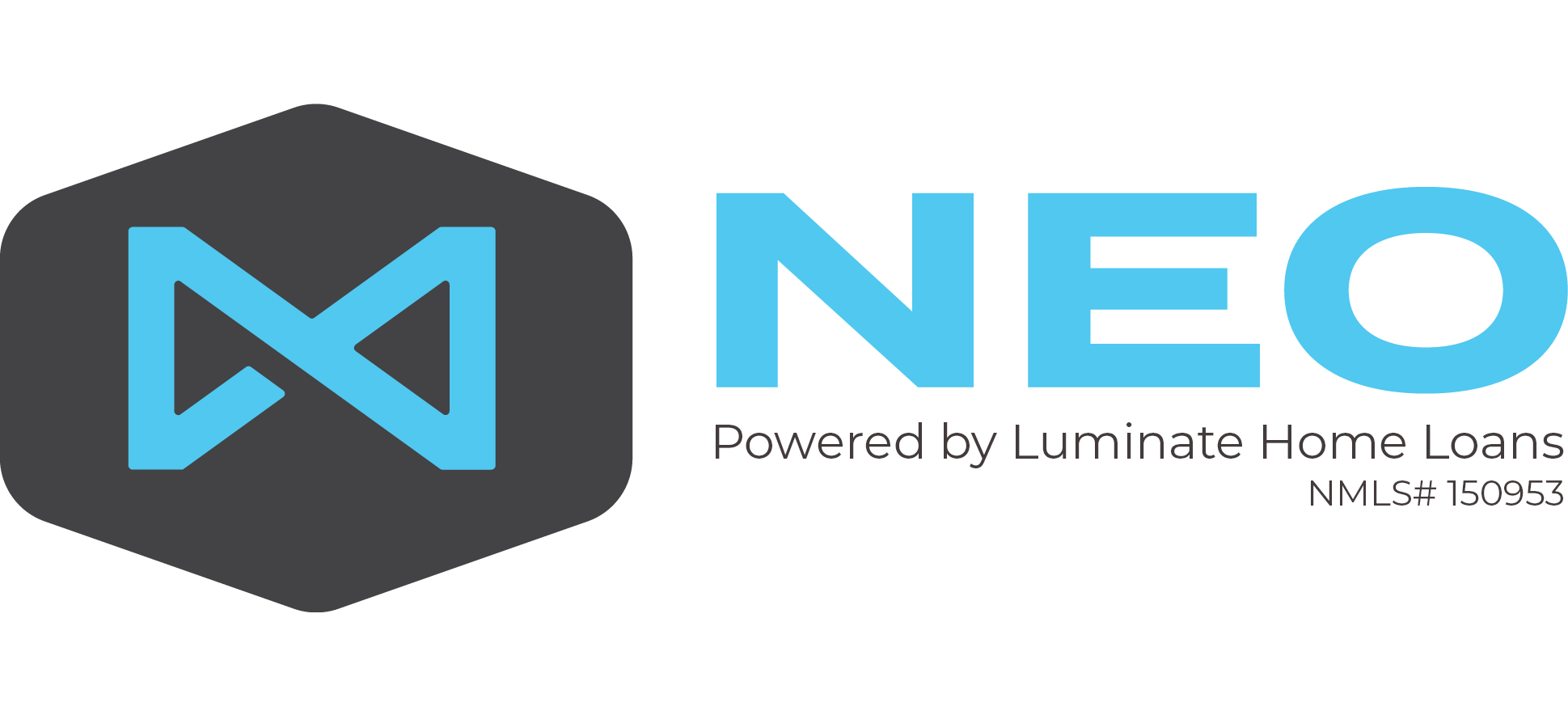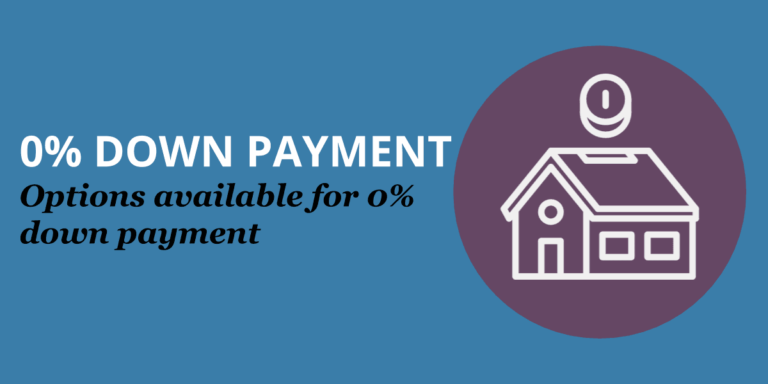Every so often I go through Zillow to look for questions people have about the mortgage process. I came across one that I wanted to expand upon related to down payment. The question on Zillow was Can I use equity in my house towards purchase of new house so I can rent out my current property?
The person who asked the question on Zillow was in a unique situation, but what about other sources of down payment? What is allowed and what is not allowed? That is exactly what I will explain…
Acceptable Source of Down Payment
Keep in mind that different mortgage products have different rules surrounding acceptable sources of down payment. I will do my best to share the sources that are acceptable by all mortgage products but be sure to discuss your situation with a licensed mortgage professional.
Checking & Savings Accounts
Money in your checking and savings accounts is typically considered an acceptable form of down payment. There is an exception, however. The exception is for any newly deposited funds. If you have a non-payroll (meaning something other than your employment income) deposit that is considered “large” you must be able to source that deposit.
So, what’s considered large? Well, mortgage lenders may define large differently but for the most part a large deposit is anything that exceeds about 50% of your gross monthly income. This means that if you make $5,000/mo gross, you can have a deposit up to $2,500 without having to explain or source that deposit. Even though that is the rule of thumb used by mortgage companies when evaluating your qualifications exceptions may be made on a case-by-case basis by the underwriter, so do not rely on that 50% threshold as a rule but, instead, more of a guideline.
The other thing to keep in mind is that multiple deposits are counted as a whole. If you have a $500 deposit on Monday, $1,000 deposit on Wednesday and a $2,000 deposit on Thursday (don’t we wish!) that would mean the total deposits are $3,500 which exceeds the 50% guideline and therefore an explanation and documentation of these deposits will likely be required by underwriting.
Investment Accounts
Any account that is invested in something that can fluctuate is considered an investment. Stocks, bonds, mutual funds, etc. are all good examples of these types of assets. If these funds are being used for down payment, rather than just reserves (additional assets remaining after closing) the mortgage lender may require proof of liquidation to verify the amount of the assets at the time of the sale. Since these assets can vary with the market the lender needs to know the actual value of the asset.
Retirement Accounts
Retirement accounts, although similar to investment accounts, are treated differently by mortgage lenders because they are treated differently by the IRS. If you withdraw (not borrow) money from a retirement account there are typically taxes and penalties assessed and therefore in some cases we can only use about 60% of the vested balance.
If, however, you borrow from your retirement account, we can use the full amount being borrowed. What’s great is we don’t even have to count the monthly repayment amount when qualifying you.
Sale Proceeds
When you sell an asset, such as a home, you may use those proceeds towards the down payment on the next home. This is not limited to just the sale of real estate but can also be the sale of other assets, such as a vehicle or some other valuable property. There are two very important things to note about selling property for the purpose of using those assets for down payment. First, you must prove you owned it. This is easy with a home or a vehicle but not so much on a valuable coin collection or something along those lines. Second, you must document the sale with a bill of sale signed by both parties along with the funds from the sale being deposited into your account (that match the bill of sale).
Gifts
If you are lucky enough to have someone willing to gift you money, this is an allowable source of mortgage down payment. There are restrictions on whom can gift you the money. Only the following are allowed to gift you money:
- Family Member
- Employer or Labor Union
- Charitable Organization
- Government Agency
Grants
Similar to gifts, grants are typically offered through housing agencies. In Colorado we have a few different options with CHFA being the largest and most popular entity that offers down payment assistance in the form of a grant.
Second Mortgages
Second mortgages are simply mortgages that are in place after the first mortgage. Second mortgages can be obtained at the time of purchase or after. In our case, for today, related to down payment, second mortgages are an allowable source of down payment. Depending on the time of loan program being used on the first, there may be limitations on how much of a second mortgage you can obtain for down payment. Some programs may require 3% or 5% of the down payment to come from you but the remainder may come from a second mortgage. There are many no and low money down options however that could include a second mortgage to help reduce your required down payment.
There are many second mortgage products available in Colorado to assist with down payment for first time buyers.
Unacceptable Sources of Down Payment
Cash
Cash is probably the number one assets people want to use for down payment. Maybe you have saved cash in a safe in your bedroom (or under the mattress). Maybe a buddy is paying you back for a loan you gave them a few years ago. Whatever the reason you have cash on hand, this can not be used as down payment for a mortgage.
Unable to Source
Any assets you are unable to source the money is not acceptable. For example, if you have a large deposit that you cannot or are unwilling to provide proof of where it came from can not be used as an asset for qualifying or for down payment. The key to any funds being deposited into your account is to retain a paper trail so you can provide this to your mortgage lender when asked.
Where is Your Money Coming From?
The answer to the original question posted on Zillow is probably yes. If they secure a second mortgage on their current home and we count that debt against them when qualifying for the next home purchase, this should be an acceptable source of down payment. Each situation must be assessed based on the overall mortgage file so although the quick answer is yes, the right answer depends on the entire situation.
The list above will cover about 98% of all situations but there are some unique situations that come up. Do you have a unique source for your down payment? If so, what is it? Write in the comments below and I will do my best to provide you an answer for your situation.
Find out which program is best for you.
Your situation is unique and your mortgage loan program should be designed specifically for you.





Pingback: Do You Really Want the Best Mortgage Rate? - The Wynn Team at Citywide Home Loans
can money from my pension or social security be used as a cash reserved required by fannie mai in a second home?